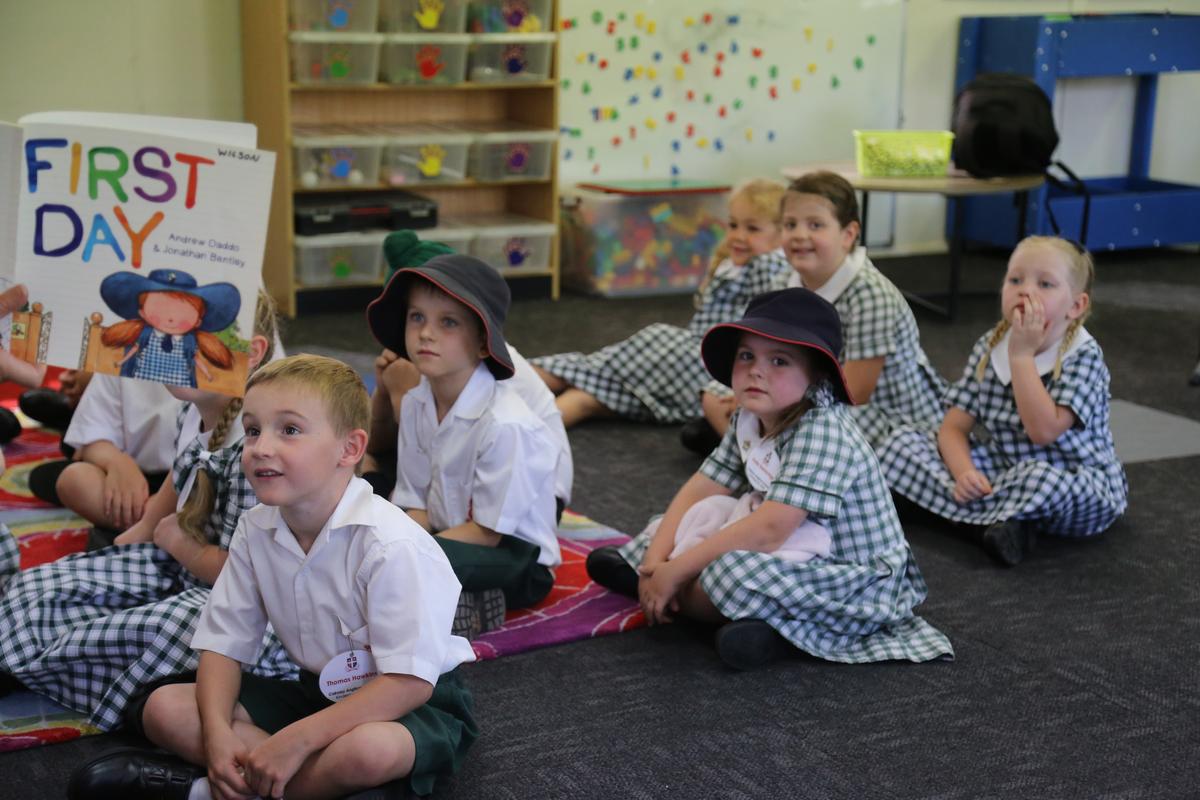From the Director of Quality Teaching and Learning
Mr Rob Marchetto

From the Director of Quality Teaching and Learning
Mr Rob Marchetto
One of the benefits of isolation has been witnessing the positive effects of regular reading on my own children. For the past 8 weeks 2 of my children have enjoyed shared reading with their Granny and Grandad via Zoom from Tamworth to Sydney. It has been a beautiful outcome that has been mutually beneficial for all concerned. Moreover, their reading has improved vastly with the daily practice.
Reading is an essential skill for your children to develop in order to flourish in life. Studies highlight the benefits of reading for children, including helping them to understand the world, enhance their comprehension skills and increase their level of intelligence. The earlier you can encourage your child to love reading, the more significant the benefits will be. Here are several reasons why reading is important for your child, and what you can do to help.
Reading helps to develop literacy skills
Reading is important for your child because it helps them to grow in their literacy and communication skills. It expands their use of language and vocabulary, as well as improving one’s writing and grammar. Literacy development is a key element in a child’s overall growth and reading plays a significant part in their holistic advancement. Reading aloud to your child when they are young creates shared reading experiences and is influential in their ability to recognise, pronounce and comprehend words.
Reading sparks imagination and stimulates curiosity
Reading does wonders to ignite boys’ creativity and encourages them to use their imagination. By asking questions like, “What do you think will happen next?” or “How do you think this character feels right now?”, it encourages your child to think creatively and empathetically.
Reading creates enjoyment
Maximise the desire to read by making reading enjoyable to improve literacy further. Choose topics that interest your child, but be mindful to find material that challenges their reading capabilities. Researchers have found that children are more likely to be engaged with reading frequently if they can connect personal relevance to their material and are able to set the pace themselves. Reading can also promote positive wellbeing for your child and be a way to relax and wind down.
Reading helps brain development
Reading is important for your child as it has a direct correlation to academic outcomes. Research has found that reading to children every day has a significant positive effect on their reading and cognitive skills. Reading to children aged four to five years old at least four times a week can have the same effect on their reading skills as being six months older. Six to seven times a week can have the same effect as being 12 months older.


Reading tips
Here are some tips to help you make the most of reading with your child:
Rob Marchetto
Director of Quality Teaching and Learning